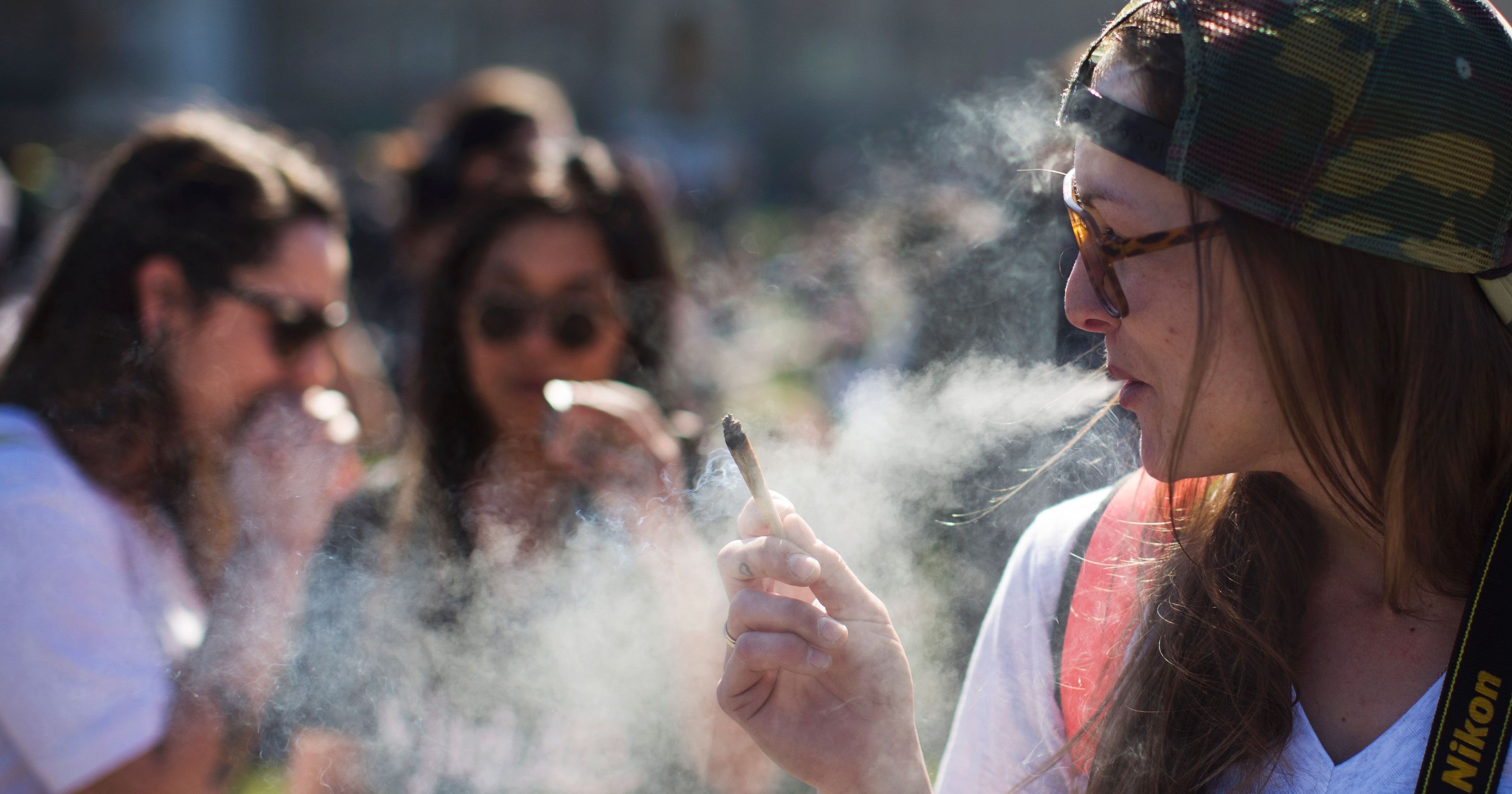Canada announces legislation to legalize marijuana

In trending news, The Canadian government announced last Thursday new legislation to legalize the use of marijuana for recreational use. Some are saying that this new move that could lure American tourists, the new legislation could also create legal headaches when they return home. Possession of small amounts of pot will be legal throughout Canada on July 1, 2018, if the new legislation passes. The Canadian federal government has set the minimum age at 18 but will allow each province to determine if it should be higher. Each province will also decide how the drug will be sold and distributed. Those under 18 found with small amounts of marijuana will not face criminal charges. Canada legalized marijuana for certain medicinal uses in 2001.
In the U.S., voters in the states of California, Nevada, Massachusetts, and Maine decided last year to approve the use of recreational marijuana. The states joined other states in the country like Colorado, Oregon, Alaska, Washington state, and Washington, D.C. James Phillips, the CEO of the Canadian/American Border Trade Alliance, said that the new Canadian legislation could cause problems along the border because marijuana possession is still illegal under United States law. Bringing any sort of marijuana product across the border could cause confusion for citizens in both countries: Americans who may cross back into the U.S. still under the influence, and Canadians who enter the U.S. unwittingly in possession of marijuana. Phillips also pointed to the prospect of longer wait times and traffic backups at border crossings, and with marijuana, inpections becoming more intense. He said that if you add 10 or 15 seconds to every car inspection on average at the border crossings, you're going to back up the cars a significant amount of distance, Phillips said. Buying marijuana would be legal for visitors over 18 who visit Canada. Canadian Public Safety Minister Ralph Goodale defended the new legalization, saying that the current laws have been "an abject failure" at keeping minors from using marijuana and from organized crime profiting from the sale of the drug. The measure would legalize possession of marijuana of up to 30 grams of certain marijuana products and place stricter penalties for selling marijuana to minors and for driving under the influence.
Prime Minister Justin Trudeau's Liberal Party, which backs the new legalization, holds a majority of seats in the Canadian Parliament, which means that the passage of the new laws is all but assured. One leading marijuana activist, Jodie Emery, said that she doubts the new legislation will result in a full-fledged tourism industry springing up around its use in Canada. She said that the Liberals said that their intent is to restrict and limit access to marijuana and introduce tougher penalties. The new legislation will not normalize the use of the drug and also not promote it with any packaging or advertising.
When recreational marijuana users gather on April 20 this year for Cannabis Day, they will have some new news to celebrate with the much-anticipated new legislation which decriminalizes marijuana in Canada. Last Thursday, the Canadian federal Liberal government tabled the Cannabis Act. While this new legislation sets out the path forward for legalizing recreational marijuana, the responsibility for more detailed laws relating to its distribution and sale will rest with each province. All of the new legislation will come together by July 2018. In the meantime, Canadian employers have some questions about how to respond to this changing new legal landscape. This uncertainty also extends, to the Canadian judicial system. This is just one new trending video you will find on the USA Today site. Other new stories include trending news, trending videos, new tech, money, travel, sports and more. **
Learn MORE at USA Today
To help with slow website load, we have put all photos for this article here: View photo gallery.







